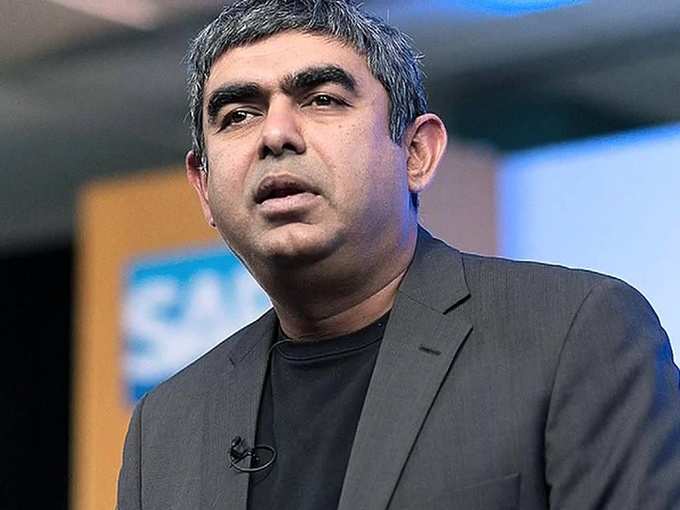
As per Sikka, he has begun taking steps to fix those failures.
When asked about his failure in providing appropriate revenue guidance in April, Sikka said that one of the big areas which still needed to be addressed was to improve internal processes and make Infosys a real-time company, "including our ability to forecast."
The humble performance in the June quarter had forced the company to mark down its revenue guidance for the full year from April’s 11.5-13.5% to 10.5-12%. In the stock market, Rs 23,000 crore of investor wealth was wiped out in a single day as a reaction to the modest performance from Infosys.
Sikka told TOI that there is a structural threat over the traditional way of delivering services, and it is facing tremendous pricing pressure. He also cited the pricing pressure to two major developments; one of them is that the clients are under tremendous cost pressure, while second could be the significant growth in their ability to set up captive centres.
Because of several leading global companies establishing their own technology centres in India, outsourcing volumes have taken a significant beating.
"The wrong response to this, as I have been saying, is a downward spiral -- use cheaper and cheaper people and jam them more into projects faster and faster. That journey ends at one place -- at zero. The right response is to transform towards innovation. We need to take projects and services where software and automation that we deliver improves the productivity of the people and frees up people to deliver innovation. If we are not able to do such a transition, the industry will go down," Sikka said, while exclusively interacting with TOI after Q1 results were announced.
Sikka also said that he has noted several trends that point to his strategy emerging as a success. For example, more than one-third of the revenue growth of $55 million in Q1 came from automation and innovation, new services of the company.
He added that Skava, a platform for mobile websites, apps and other digital shopping experiences for large retail customers, and the Edge series of innovative cloud-based software applications for enterprises, both did well.
Talking of issues, he said that the company ran into problems when it came to "small areas -consulting, package implementations, decline in India business and Finacle (banking product) and a flat BPO".
"Because it's the first quarter and it has disproportionate effect on the overall year's performance, it has brought down the guidance. It has not changed the fact that our strategy is working," Sikka added.
Image source